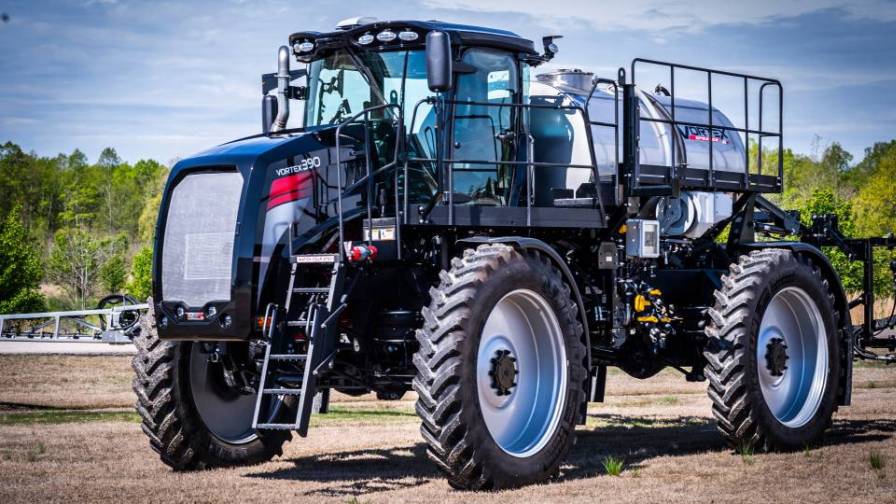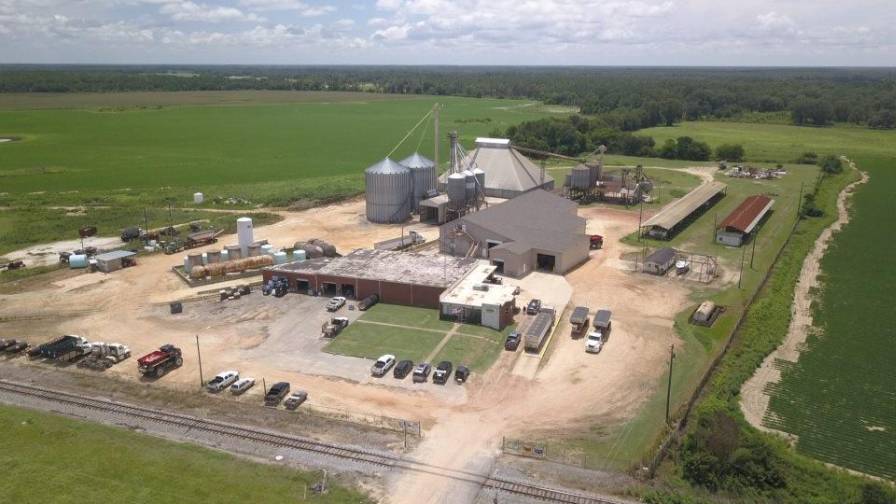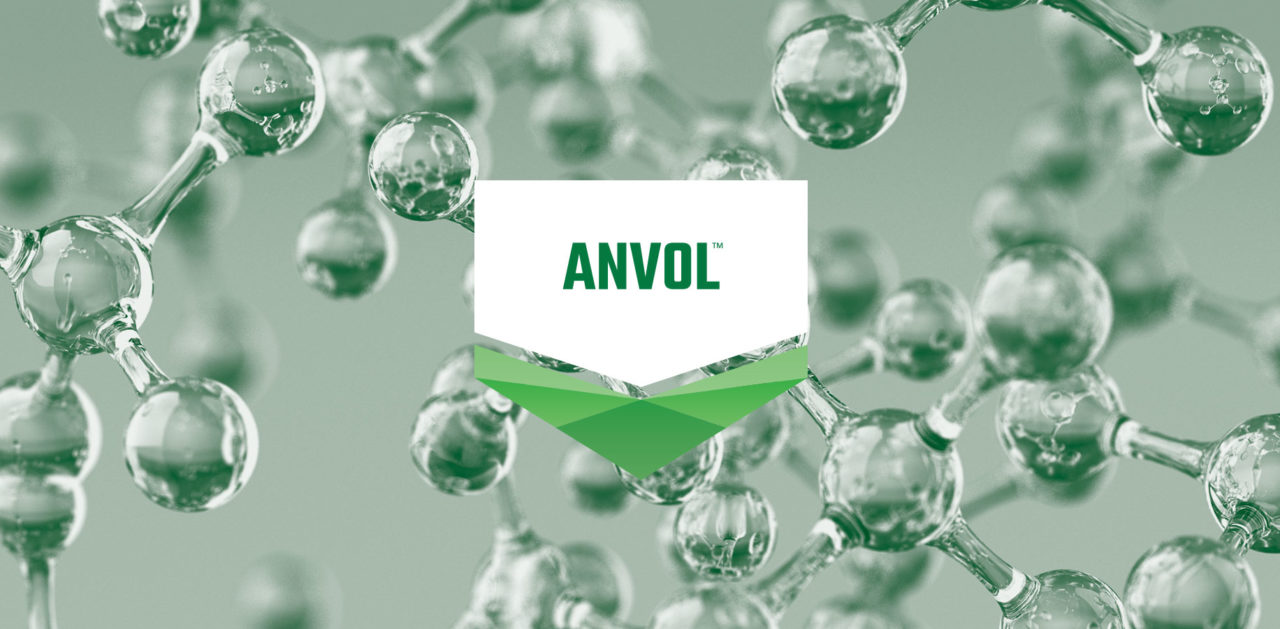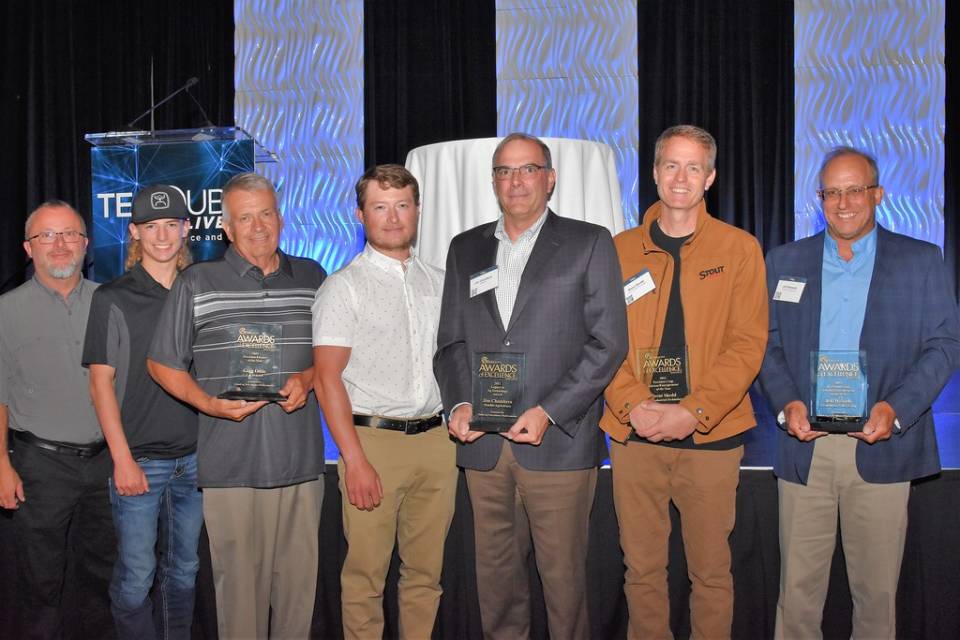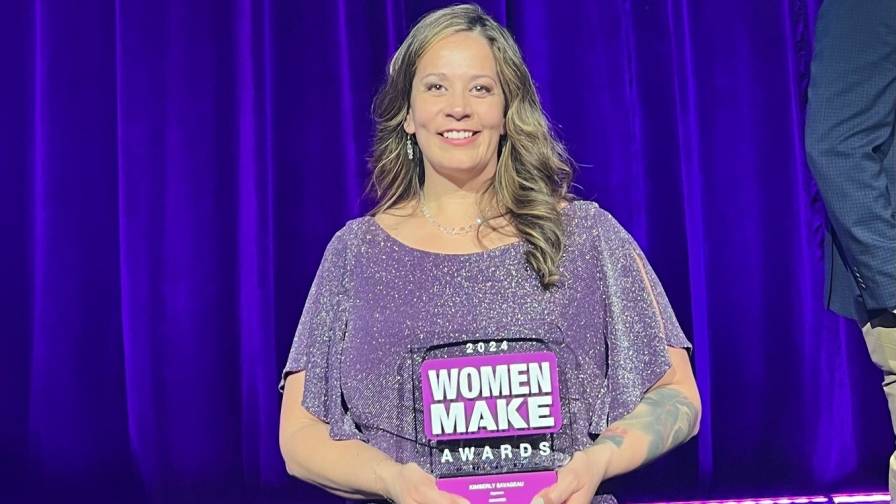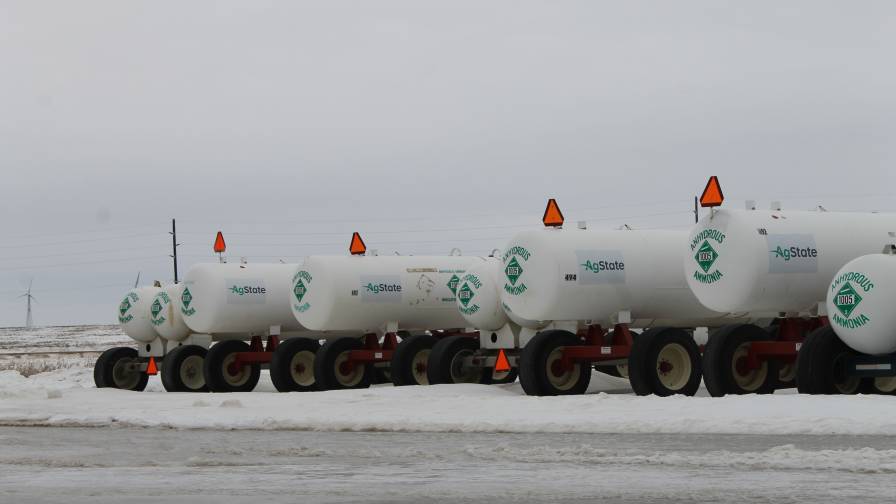The AgState Story: Two Cooperatives Are Better Than One
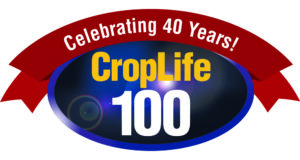 Editor’s Note: The role of the ag retailer and trusted advisor to farmers across the U.S. is constantly changing — never more so than in the last three years. As we settle into a “new normal” complete with new market dynamics, the long-held practices are gone for good. As the linchpin between grower-customer and the suppliers of the sophisticated tools they use, ag retailers in the U.S. are essential to pushing crop production to the next level. In recognizing 40 years of the CropLife 100 ag retail ranking program, our editors engaged with numerous CropLife 100 ag retailers at the National, Co-op, and Independent levels to unearth opportunities and concerns in today’s modern agricultural market. As such, we are featuring a variety of stories throughout the year focusing on ag retailers that are celebrating milestones, exploring how they have managed to survive and thrive where others have not. Below we detail the merger story involving long-time CropLife 100 companies Ag Partners and First Cooperative Association.
Editor’s Note: The role of the ag retailer and trusted advisor to farmers across the U.S. is constantly changing — never more so than in the last three years. As we settle into a “new normal” complete with new market dynamics, the long-held practices are gone for good. As the linchpin between grower-customer and the suppliers of the sophisticated tools they use, ag retailers in the U.S. are essential to pushing crop production to the next level. In recognizing 40 years of the CropLife 100 ag retail ranking program, our editors engaged with numerous CropLife 100 ag retailers at the National, Co-op, and Independent levels to unearth opportunities and concerns in today’s modern agricultural market. As such, we are featuring a variety of stories throughout the year focusing on ag retailers that are celebrating milestones, exploring how they have managed to survive and thrive where others have not. Below we detail the merger story involving long-time CropLife 100 companies Ag Partners and First Cooperative Association.
In fall 2021, two Iowa-based cooperatives – Alceco/Ag Partners and First Cooperative Association (FCA) – formally merged their two companies into one. A few months later in January 2022, the newly combined company adopted a new name to honor this partnership – AgState.
“As part of our focus on business development and sustainability, our leadership team and I believe it was appropriate to rebrand our company to specifically reflect our long history and heritage with top quality products and services,” said CEO Troy Upah at the time of the formal announcement.
“We are very excited about the introduction of our new company name; AgState, because it allows us to better represent our business to our current farmer-members and to attract our younger farmers who are still entering the working world.”
Although this chain of events might seem rather sudden, Upah says the actual formation of AgState took a much longer time in coming together. “Honestly, we’ve had ongoing dialogue about this for many, many years – since 2001, when I became CEO of Ag Partners,” he says. “When we became solely owned by Alceco in 2020, it opened the door for us to have those discussions more in-depth.”
And these talks accelerated, adds Upah, during the pandemic years between 2020 and 2021 as some plants and production facilities across the state of Iowa were forced to close their doors.
Long Histories
In truth, both Alceco and FCA have long histories in the agricultural marketplace. FCA can trace its origins back to 1887, when it was founded as Marcus Grain Elevator. Alceco, meanwhile, originally started out as Albert City Elevator Co. (Alceco) in 1925. Both entities expanded their operations throughout the decades, but were particularly active during the 1980s, 1990s, and early 2000s, with FCA adopting its name in 1997 after merging with Agland and Ag Partners, LLC, coming into existence when Alceco and Cargill teamed up.
“So, by the time 2020 came around, both organizations seemed ready to take the next steps,” says Upah. According to Marc Mears, COO, the bringing together of Alceco/Ag Partners and FCA represented a “merger of equals” in scope but played well to the individual strengths each company possessed before the consolidation.
“If I had to describe what AgState is today, it is a value-added organization combining the business cultures of two different organizations that operate in the same geography,” says Mears. “FCA was very fiscally responsible, with a strong balance sheet focused on fundamentals such as grain. Ag Partners, meanwhile, was much more leading edge, with technology and agronomy being the cores of the business. Now combined, the two legacy companies can complement each other under one name.”
Today, AgState boosts a total of 34 facilities under its name. The company not only covers the agronomy and grain businesses, but also has operations in feed and energy as well. When considering the market challenges facing AgState and other large ag retailers in 2023, Mike Conover, Director of Agronomy Procurement, cites lingering supply issues as a major headache.
“Market volatility and its effect on global markets has been more prevalent today than ever during my 15 years in procurement,” says Conover. “Truthfully, we as an industry had a long runway to prepare ourselves for supply chain issues, but it still was much more volatile throughout 2021 and early 2022 than most of us probably expected. Here in 2023, some of these issues have gotten a little bit better in for some products, but others have a remained a challenge.”
For example, Conover says, consider fertilizer. Ag retailers such as AgState used to be able to buy approximately 80% of their fall fertilizers during the summer, helped out by historic low interest rates. “But now, the interest rates have gone up,” he says. “So that is forcing us to pick and choose which products we spend our available dollars on.”
Luckily, a part of AgState’s business that has enjoyed more stability lately is ag technology. According to Clint Sires, Director of Precision Ag Services, the company has benefited greatly in this the combination of Alceco/Ag Partners and FCA.
“Both companies separately had precision ag services covering such activities as fertilizer applications and soil sampling,” says Sires. “However, only half of our new company had direct access to our InSiteCDM program. After coming together, we can now offer a whole new level of opportunity to a large portion of a customer base that previously didn’t know anything about it. The growth potential is enormous.”
For an annual fee, InSiteCDM users can use collected data to help them make “more informed decisions about their operations,” says Sires. For example, reports generated provide statistical correlation between variations in yield within all areas of each field. Fields are analyzed and recommendations are made spatially across the field, so we are not just dealing with field averages.
“The true power of the program comes from a specialist engaging the grower about each area of every field they farm and then making and adjusting recommendations accordingly,” says Sires. “Growers utilizing InSiteCDM receive annual field and farm history reports that summarize what happened on each field and across the entire operation” says Sires. “This gives them and their sales agronomists a record of the growing environment and shows agronomic trends. At the end of the day, it’s a report card and we need to prove that we can keep bringing the grower value or they will choose to stop being in the program.”
Looking to the Future
Now that AgState is entering Year 2 following its creation, Upah says the company is focusing more energy on the future – figuratively and literally.
“We’ve already made a lot of headway on developing one company culture for our two companies by bringing all of our internal teams together,” he says. “Over the next few years, I hope that we will continue to align correctly with the market opportunities and what our customers need. And this market opportunity will include the opening of a new soybean crush plant in our territory.
The new plant will be part of this renewable diesel movement.
“It will be located in Alta, IA, and will create new market opportunities for our local farmers and AgState.”
Despite what other changes might take place for AgState in the near term, Upah emphasizes that the major resource that’s helped sustain the now combined companies over the decade – people – will remain.
“This is really a people business,” he says. “I’ve been involved in agriculture since 1988. No matter what else changes, it’s still a people business and doing business with the people you trust.”
Mears couldn’t agree more. “People do business with people in this industry,” he says. “They all want someone who they can shake hands with, not to be on a computer all the time. To be successful, companies in our world need to have a face-to-face Mike Conover relationship.”

